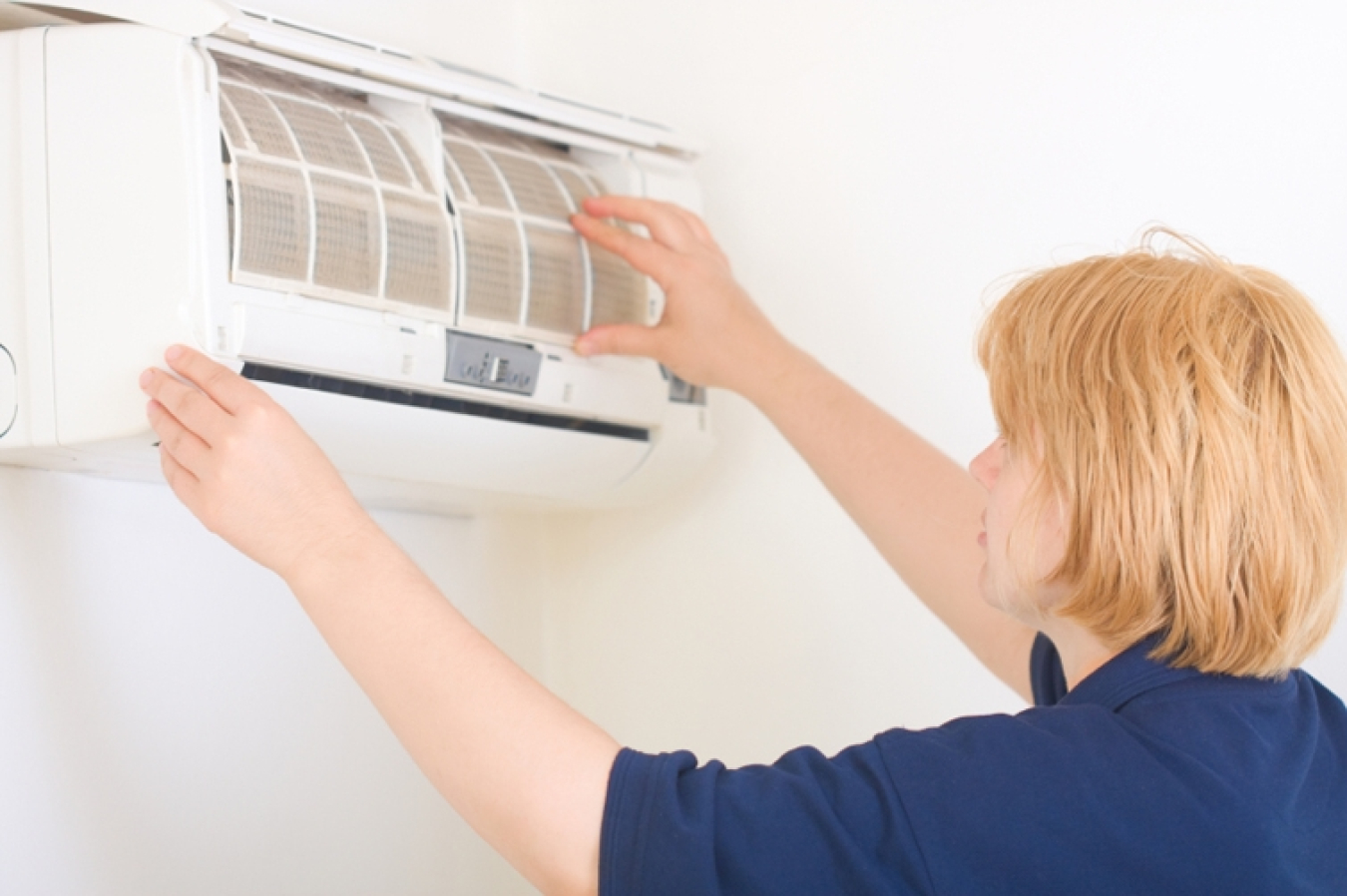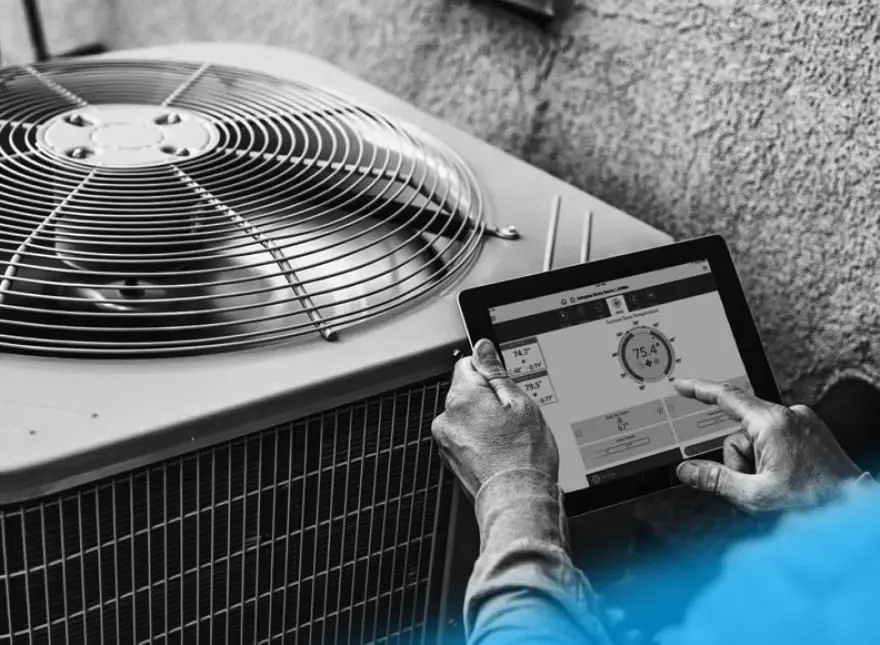When it comes to keeping your home cool and comfortable, an air conditioner is an essential appliance. But have you ever wondered how exactly your AC unit cools the air? The answer lies in the refrigerant, the vital substance that circulates through your air conditioner’s system to remove heat from the indoor air and disperse it outside. In this comprehensive guide, we will delve into the world of air conditioner refrigerants, exploring what they are, how they work, the different types available, and important considerations for using and maintaining them.
What is Air Conditioner Refrigerant?
Air conditioner refrigerant is a chemical compound that undergoes a continuous cycle of evaporation and condensation to transfer heat between the indoor and outdoor environments. It plays a crucial role in the cooling process by absorbing heat from the indoor air and releasing it outside, thus keeping the interior space comfortably cool. The refrigerant travels through a closed-loop system within the air conditioner, changing from a liquid to a gas and back to a liquid as it completes the cooling cycle.
How Does Air Conditioner Refrigerant Work?
The cooling process begins with the refrigerant absorbing heat from the indoor air, causing it to evaporate and transform into a low-pressure, cool gas. The gas is then pumped to the outdoor unit, where it releases the absorbed heat and condenses back into a high-pressure, hot liquid. This cycle repeats continuously, allowing the refrigerant to transfer heat effectively and maintain a consistent cooling effect in the indoor space.

Credit: www.energy.gov
Types of Air Conditioner Refrigerants
Over the years, several types of refrigerants have been used in air conditioning systems. Each type has its own set of properties, environmental impact, and efficiency. Here are some of the common air conditioner refrigerants:
| Refrigerant Type | Description |
|---|---|
| R-22 (Freon) | Once widely used but being phased out due to its ozone-depleting properties. Replacement options are available for existing R-22 systems. |
| R-410A (Puron) | A popular, environmentally friendly alternative to R-22, commonly used in modern air conditioning systems. |
| R-32 | Gaining popularity for its low environmental impact and high energy efficiency. Used in newer AC units. |
| R-134a | Commonly found in automotive air conditioning systems and some residential heat pump units. |
Considerations for Air Conditioner Refrigerants
When it comes to choosing and using air conditioner refrigerants, several important considerations come into play:
- Environmental Impact: With increasing concern for the environment, it’s essential to select refrigerants that have minimal impact on the ozone layer and global warming.
- Energy Efficiency: Some refrigerants are more efficient at transferring heat, leading to better overall performance and lower energy consumption.
- Regulatory Compliance: Regulations and standards govern the use and handling of refrigerants, so it’s critical to adhere to legal requirements and industry best practices.
- System Compatibility: Not all refrigerants are suitable for every air conditioning system, so compatibility with the specific equipment must be confirmed.
Maintaining Air Conditioner Refrigerants
Proper maintenance of air conditioner refrigerants is essential for ensuring efficient cooling performance and longevity of the equipment. Here are some maintenance tips:
- Regular Inspections: Periodic inspections by qualified HVAC professionals can identify any leaks, damage, or inefficiencies in the refrigerant system.
- Recharging: If the refrigerant level is low, it may need to be recharged to restore optimal cooling capacity.
- Upgrading: For older systems using outdated refrigerants, consider upgrading to newer, more environmentally friendly options to comply with regulations and improve efficiency.
Conclusion
Air conditioner refrigerants are integral to the functioning of cooling systems, playing a central role in the transfer of heat and the maintenance of indoor comfort. Understanding the types, considerations, and maintenance of air conditioner refrigerants is crucial for homeowners and HVAC professionals alike to ensure efficient and sustainable cooling solutions. By staying informed and proactive in managing refrigerants, you can optimize the performance of your air conditioning system while minimizing environmental impact. If you have any specific questions about air conditioner refrigerants and their usage, don’t hesitate to reach out to a qualified HVAC provider for personalized guidance.

